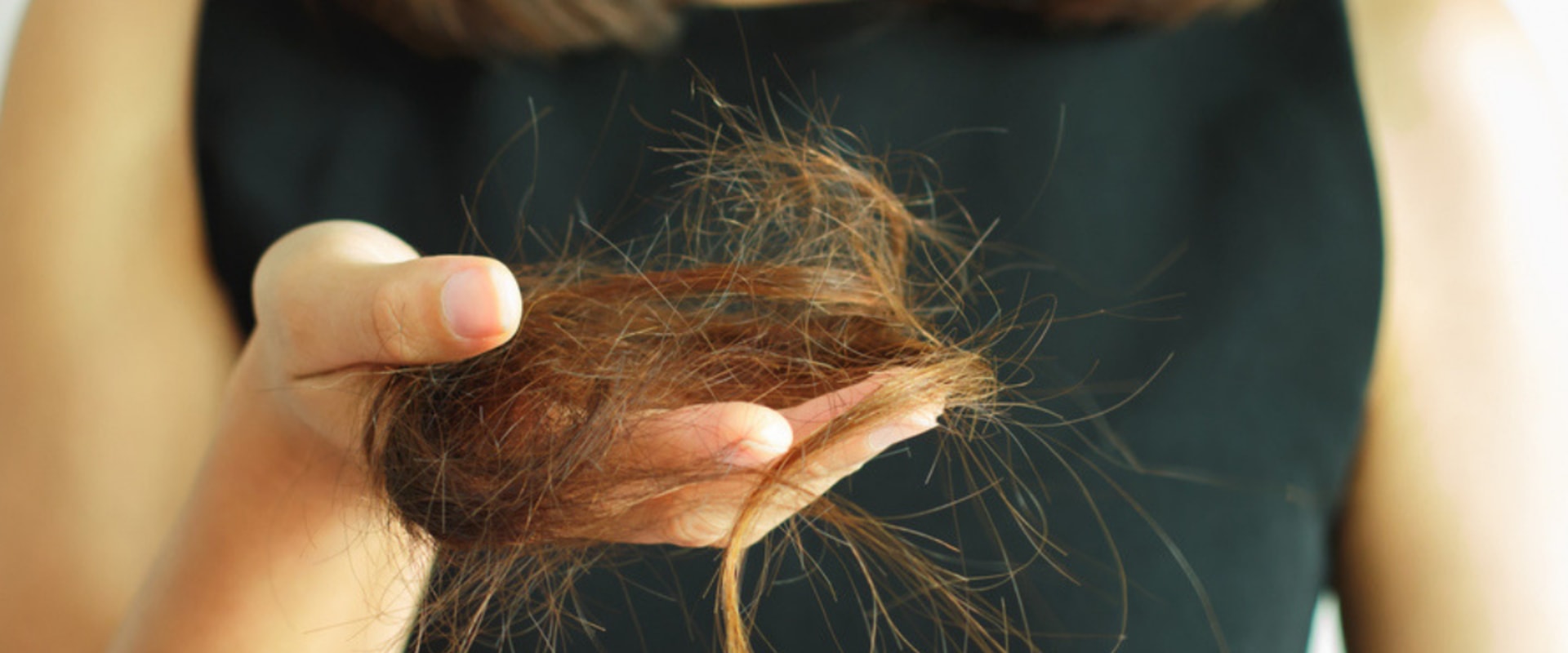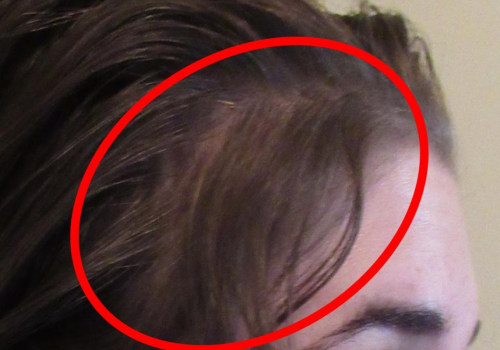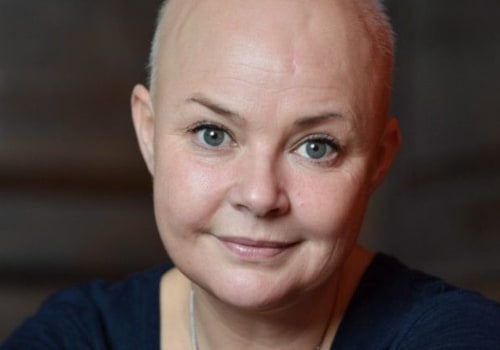For example, sudden weight loss and restrictive diets have been linked to a condition known as acute telogen effluvium (TE), one of the most common causes of widespread scalp hair loss (1,. ET usually occurs about 3 months after a triggering event, such as rapid weight loss, and lasts about 6 months. Hair loss due to weight loss is not dangerous or permanent. In general, the body adjusts in a few months and hair production resumes.
Prevention and treatment of telogen effluvium focus on proper nutrition and diet. Maintaining a balanced diet while avoiding fast diets and quick fixes is important for long-term weight loss success, as well as avoiding telogen effluvium. Your body needs adequate calories and protein to feed the hair follicles. According to some experts, the more weight you lose, the more likely you are to experience some degree of hair loss.
Losing and regaining weight for many years can affect your metabolism and hair growth. Some people may experience hair loss within 3 to 6 months of starting diets (for example, usually temporary, a balanced and healthy diet should reverse hair loss within six months. My hair has become much thinner and thinner since I lost weight, sometimes it came out in what looked like a handful when washing it. While it starts to improve as I get closer to my target weight, I try to help speed up the process by doing these five things.
The fluctuation in the body mass index causes physical stress, which indicates that the hair follicles move to an inactive stage. At any given time, approximately 10-20% of your hair is in the telogen phase, which is completely natural. While it's hard to tell if the improvements I've begun to see can be attributed to supplements, I'm willing to do everything I can to help my hair. Massaging the scalp is said to promote blood flow to the area and thus create a more suitable environment for hair to grow.
This is important because it is most likely that the hair in the resting phase at the time of surgery will be the hair that will shed. The body does not consider hair to be “essential”, so it first redirects protein intake to vital organs. Dieting can cause physical and emotional stress, causing more hair than normal to enter the telogen phase. The condition is often the result of nutrient deficiencies that arise from a severely restrictive diet or weight loss surgery.
While your goal is to lose weight, you don't necessarily want to sacrifice anything else along the way, especially your hair. Limiting calories is essential for weight loss, but excessive restriction leads to hair loss, since lack of nutrition does not complement hair growth. The reality show “Biggest Loser” followed with 14 contestants who had lost a lot of weight (128 pounds in 30 weeks) six years after the reality show ended. Hair loss after weight loss is a common occurrence that can be the result of stress on the body or nutrient deficiencies.
If you would like to learn more about how to prevent hair loss while losing weight, feel free to call us or use the online scheduling tool on this website to book an appointment.





